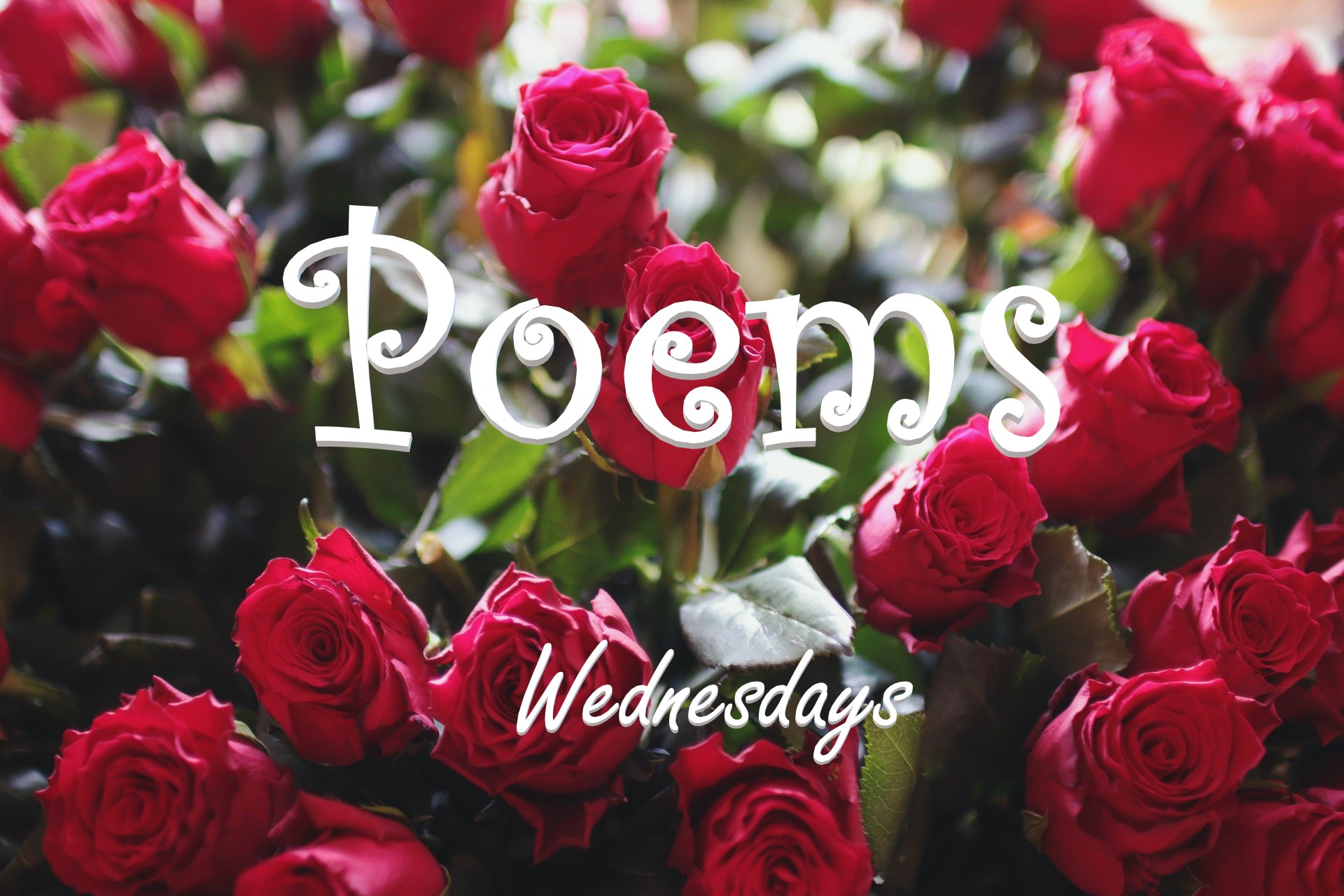Jesse is the father of David, but this is written centuries after their deaths. This is a prophecy of the messiah who will be a descendant of Jesse, and, by implication, will be like David. (Spoiler alert: it’s Jesus.)
Hannah praises the LORD because He gave her a son. She was barren and taunted by “her rival” (v. 6) but she prayed desperately for a son.
After Deborah and Barak are victorious over the army of the king of Canaan, they sing a song of praise. It seems like Deborah is the narrator and likely author (v. 7), which is kind of like the story it tells.
Seeking the blessings of the LORD and knowing that only His blessings will bring success.
These are the most important two verses in the entire Old Testament, even the whole Bible. I will dare to say there is not a Jew past or present who would disagree.
Is it OK to be repetitive sometimes? You better believe it! Every verse of this Psalm (26 of them) ends exactly the same: “for his steadfast love endures forever” (ESV).
A very hopeful poem of God’s goodness to come. (Spoiler alert – it’s through Jesus Christ.) If you have ever felt down and out and long for when God will make it all right, this poem will make you smile.
Exodus 15:1-18. It was sung by “Moses and the people of Israel” (v. 1) after Pharaoh and his army drowned and Israel crossed through the sea on their way out of Egypt.
As Jacob is about to die, he gathers his 12 sons to him and predicts the future of what will happen to their families. In poem form!
